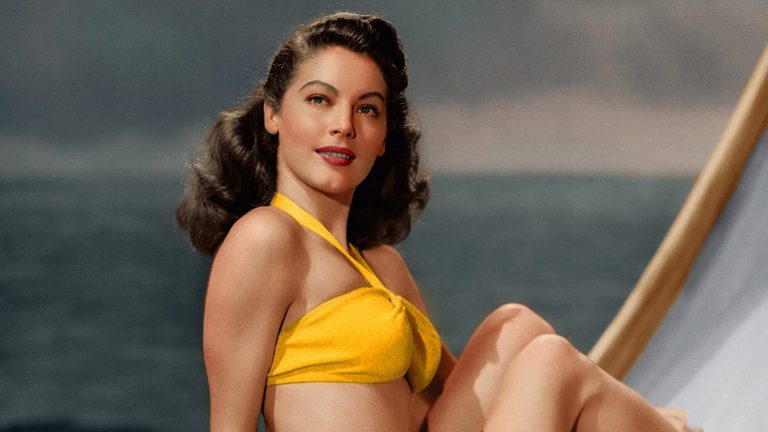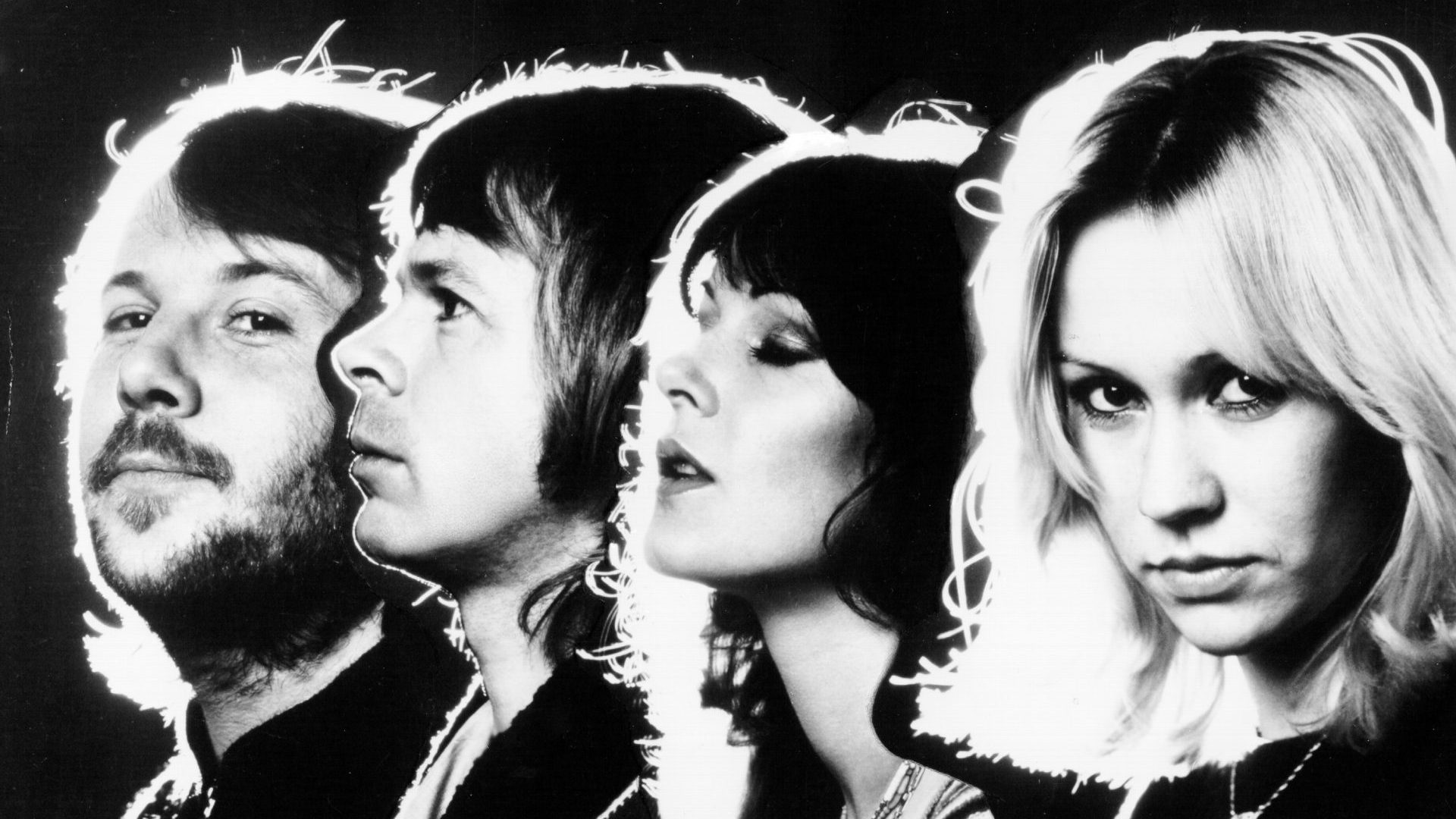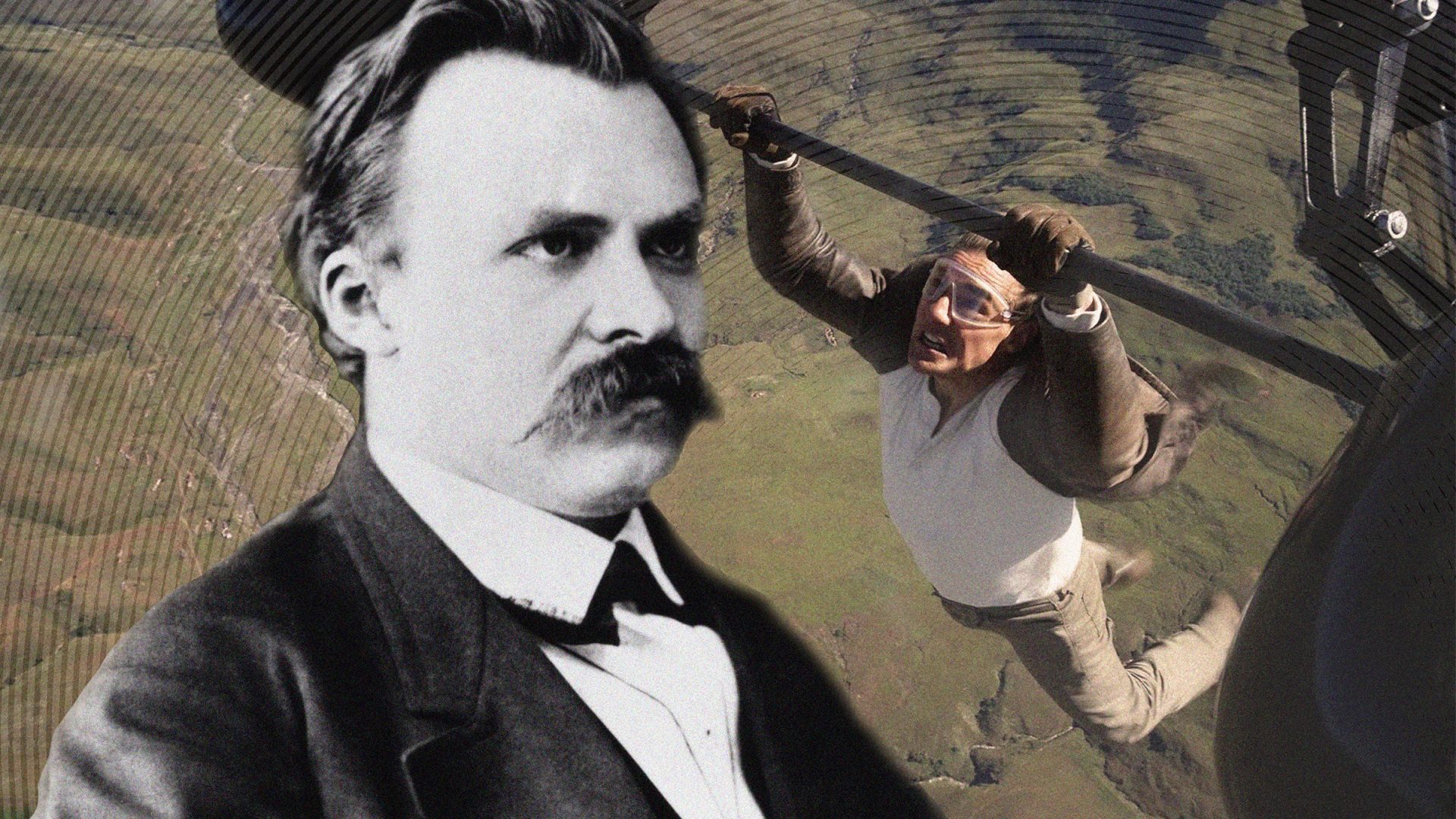It turns out that I have the same brain as Björn Ulvaeus.
This was as much as a surprise to me as I’m sure it would be to him, if I was ever allowed within 100 feet of Abba’s lyricist, public face and general heart and soul. But it might explain why, in recent times, I have become mildly obsessed with his Instagram account.
Here’s Björn noodling on acoustic guitar in an unfeasibly tropical setting. There’s Björn at Wimbledon with Poirot. And snaps of his wedding to Christina Sas, in a ceremony conducted by… wait, let me check my notes… oh yes, TV’s Sandi Toksvig.
It all suggests that Björn has a pretty nice life. But no. Just like me, Björn is miserable. And, also like me, Björn is miserable because of his brain.
As he revealed during the Swedish version of Desert Island Discs, while his semantic memory is top-notch, making him a shoo-in if he ever appeared on The Chase, his episodic memory, the bit used to recall specific moments from your life, is shonky.
Benny, his Abba ally, remembers everything from the band’s 1974 Eurovision victory. But Björn hasn’t the foggiest. He explained that his dicky memory is down to the lack of a sense of self, generated by low self-confidence. As he states: “For me self-confidence is a perishable item.” I feel Björn’s pain. I remember nothing. Now, thanks to Abba, I know why. It was quite the revelation.
After 10 glorious years of success, Abba split in 1982 and, for many years afterwards, were either ignored or belittled. But their miraculous renaissance now renders them worthy of books with a more intellectual viewpoint. Three have recently been released.
One, Jan Gradvall’s Melancholy Undercover (translated by Sarah Clyne Sundberg) examines everything in Abba’s extended orbit from Heinrich Himmler to Scottish post-punk band the Fire Engines. Another, Giles Smith’s My My! Abba Through the Ages, follows an Abba fan’s journey through, occasionally reluctant, Abba fandom, from the seismic effect of watching Waterloo performed on Eurovision, to a fraught visit to a questionably tasteful Abba exhibit at the actual Waterloo battlefield. While the latest edition of Carl Magnus Palm’s definitive Abba biography, Bright Lights Dark Shadows (first published in 2001), weighs almost as much as a Nissan Micra, and goes into painfully microscopic detail about the band. Need to know the name of Benny and Frida’s soft-coated wheaten terrier? Here it is in on page 207. (Zappa).
It sometimes feels like all these writers are on a mission to eke out the most obscure Abba fact. In My My, Giles Smith devotes an entire chapter to the Dancing Queen line “feel the beat from the tambourine” as many have argued that feeling tambourine beats is both difficult and illogical. In Melancholy Undercover, Jan Gradvall recounts the war between the raggare (sort of Swedish greasers) and the punks, resulting in the Stranglers releasing an anti-Swedish single. All of these books are excellent, entertaining reads. I loved and devoured every one. But this move into semi-serious Abba study (I’m calling it Abba-demics. Yes, I have it trademarked) worries me slightly. It’s just that Abba means a lot to me, as do the Beatles, but I don’t want Abba to be Beatles-ed to death.
Over thousands of books and articles, the Fab Four have been prodded and poked and raked over to the point of extinction. I don’t want the Ab Four to suffer the same fate.
Once upon a time, comparing Abba to the Beatles would have been laughable. One was the most “important” band that ever existed, the other the manufacturer of commercial cheese. One had musicologists slavering over the string arrangement in Eleanor Rigby, the other was shamefully consigned to the bin marked “guilty pleasures”.
But there’s a significant difference between Abba and the Beatles that negates all rational comparison. One band’s records are played at wedding receptions, and the others aren’t. It’s not hard to work out which is which.
More from this author

The days of Dolce Vita
But why? Why is it almost a legal obligation to slap on Dancing Queen at any sort of shindig, but playing Strawberry Fields Forever feels a bit weird? I asked the author, Beatles fan and Abba devotee Joel Morris. He told me: “Men kind of took the Beatles for themselves. And now they belong to blokes, even though their whole point was to be a band for girls to scream at when they started. So, they don’t get danced to.”
Which is sad. The Beatles were once a fun band to dance to and girls to scream at. But the endless analysis drained all the fun away. Could this new, sudden literary interest add an impenetrable layer of “serious” to Abba that ultimately stultifies them?
No. It’s impossible. Simply because Abba are just too weird. The Beatles, despite the grandeur, are much easier to grasp. Four blokes. Drums, bass, guitar, guitar. Quiet one, pretty one, feisty one, funny one.
Whereas Abba… Swedish. Eurovision. Two couples. Sad songs. Happy songs. Happy songs that were actually very sad songs. The occasional accordion. Intensely private and mysterious and yet somehow ubiquitous.
There are goofy songs like Summer Night City alongside heartbreakingly bleak ones such as The Winner Takes It All, The Day Before You Came and One of Us. All filtered through Björn Ulvaeus’s unreliable brain.
I believe this is the band’s secret weapon. His lyrics, described in Melancholy Undercover as written in “Tourist English”, were elusive and poignant and strange.
This melange results in a band that’s both intrinsic and disposable. Silly and deathly serious. Obvious and sly.
A band understood by drunken revellers at a wedding reception, but also indie kids with depressive tendencies. Like me and Kurt Cobain (a big fan). As Giles Smith states in My My: “Abba have been liked by pretty much every kind of person and in pretty much every way it’s possible to like a pop group.”
This wasn’t always the case. The 1980s were not kind to Abba. But then they undertook an incredible comeback in the 1990s (spurred on by the films Priscilla, Queen of the Desert and Muriel’s Wedding, plus Erasure’s Abba-esque EP and the compilation Abba Gold, which didn’t even feature the band on the cover, as the record company felt that would put buyers off).
Incredibly, as Giles Smith notes, this transformation happened through no effort of their own. The girls vanished. The boys wrote fairly unsuccessful cold war musicals. But Abba kept churning away in the background. Then a critical mass was reached. Abba was dead. We needed Abba. Abba was resurrected.
And now they’re performing every night in holographic form in east London. Which makes almost perfect sense. In a way, Abba were already avatars. Imperfect, perfect vessels that we filled with our own dreams and feelings and expectations. While the Beatles are indelibly seared into our memory, there are infinite Abbas of our own making. This allows them to be guaranteed floor-fillers at any regional disco, while also being Sid Vicious’s favourite band.
Which is why it’s weird to see Björn Ulvaeus breaking cover in his Instagram feed. It’s so strange to see an Abba just pottering around doing ordinary things. Because, as these recent books about the band illustrate, Abba contains multitudes. After reading them, we know a lot more about where and when the band stood and sang.
We know the particulars of the Swedish herring industry and the life cycle of the black-throated loon. But do we ever get under the skin of Agnetha, Björn, Benny and Anni-Frid? We don’t because, like Björn, we can be told the facts, but can never grasp their essential essence. Abba are too slippery. That’s why we love them.
Dale Shaw is a television and radio writer, journalist, screenwriter and musician



